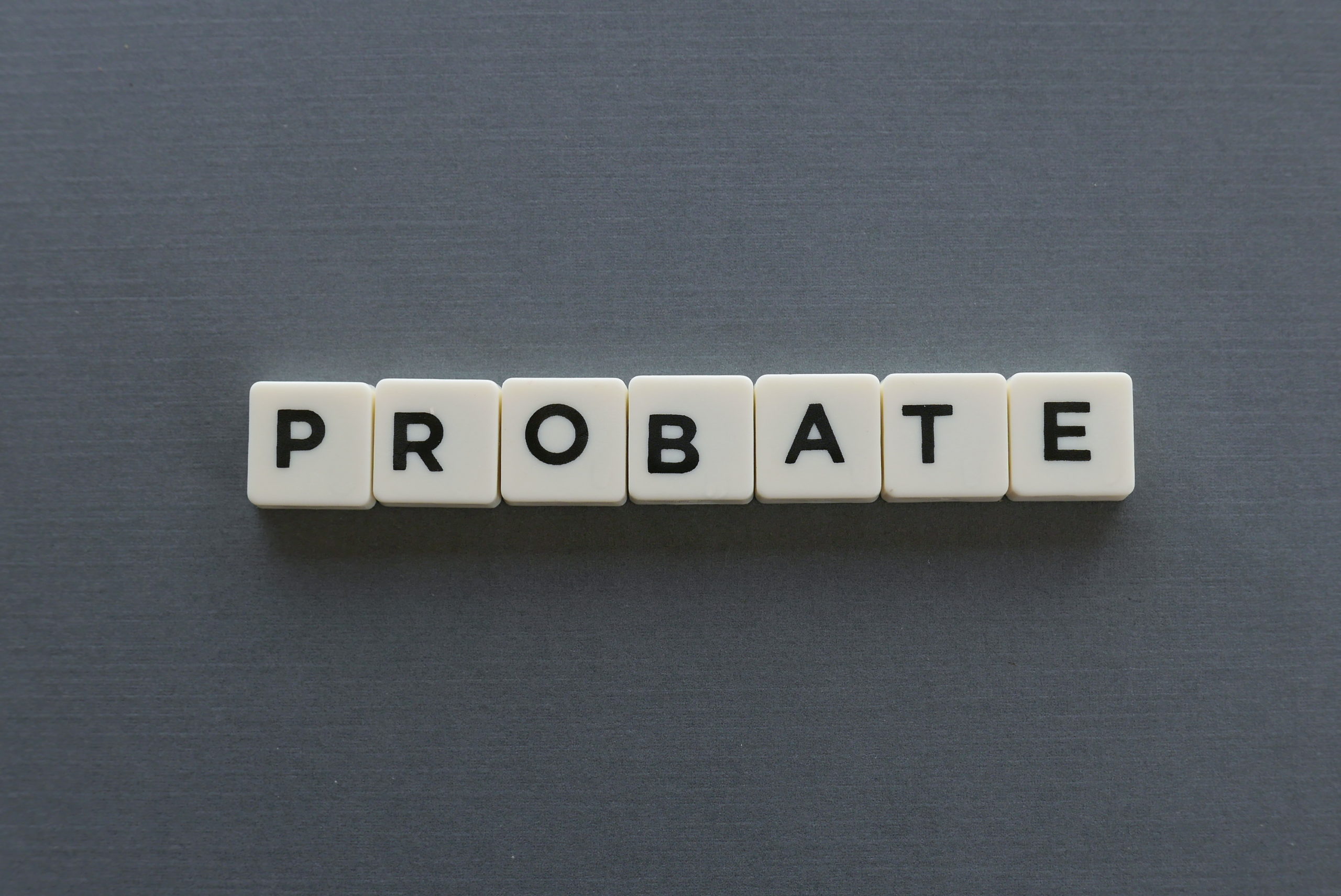Probate is the process after a person passes or becomes disabled; their assets are put on hold until the will is validated, any remaining debt is paid off, and the beneficiaries of the will are identified. Probate can be a long and stressful process, especially after such a difficult time.
Do all estates have to go through probate in Florida?
No, but many do. Small estates without real estate property may qualify for “disposition without administration,” which avoids probate completely, and some estates may qualify for summary administration. For example, summary administration can be chosen as an option when the person in question passed away over two years ago.
Do wills have to be probated in Florida?
A lot of people think that if they have a will, the process after their passing will be simple. That is not always the case. If a person dies with a will or intestate (without a will), the estate may still need to go through probate. Furthermore, if the estate does not fall into the category of either disposition without administration or summary administration, the will probably go through probate. Moreover, even if there is a will, the court may have to make sure that the will is still valid and does not conflict with the law.
Do I need a lawyer for Florida probate?
Yes, in most cases. There are cases in which an attorney is not required, however, because the system may be difficult to understand, it may be best to have an attorney deal with the mess and stress probate can provide.
How do I avoid probate?
One way to avoid probate is by not owning any property but having a living trust own the property. Creating a living trust allows the trustee of the trust to “own” the property. You can of course put yourself as the trustee of the trust and be able to control the assets in the trust as if they were yours. Because trusts tend to avoid probate, beneficiaries may be able to receive the assets far faster than if they were in a will. Additionally, some trusts help in avoiding estate taxes and reduce other costs, such as court fees. In Florida, there are different types of trusts, revocable and irrevocable trusts. Essentially, revocable trusts can be changed at any time, and irrevocable trusts cannot be changed after its enactment.
Preparing for what happens after one’s passing can be difficult. Most people do not like thinking of the reality that they are not going to be around one day. However, proper preparation allows you to have a say even after you pass. You have the power to choose who can receive what and when they can receive it. Additionally, you can lessen the chance of your property going through probate, which can be a very difficult process for your loved ones to endure.









2 Responses
I’m thinking of creating a trust fund so my kids won’t have to face a probate case. Well, I also agree with you that this may avoid a huge tax too. Thank you for sharing here as well the importance of proper preparation, such as this, since this may prevent my family from facing hassle.
Hi Rachel,
Thank you for your comment. If you’d like, you may call our office at (786) 837-6787 to further discuss this with you in a complimentary consultation.